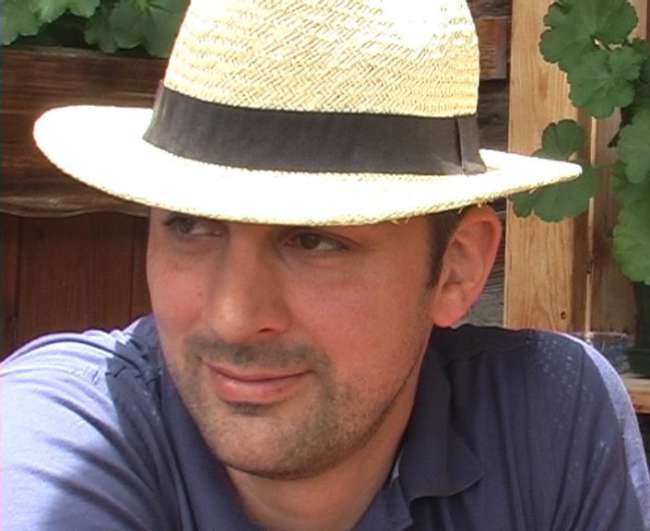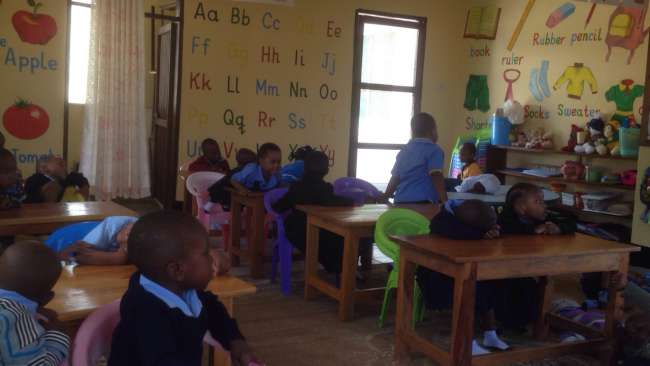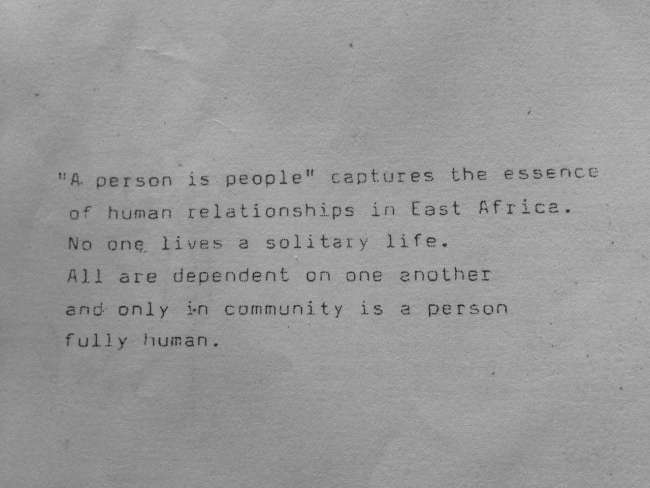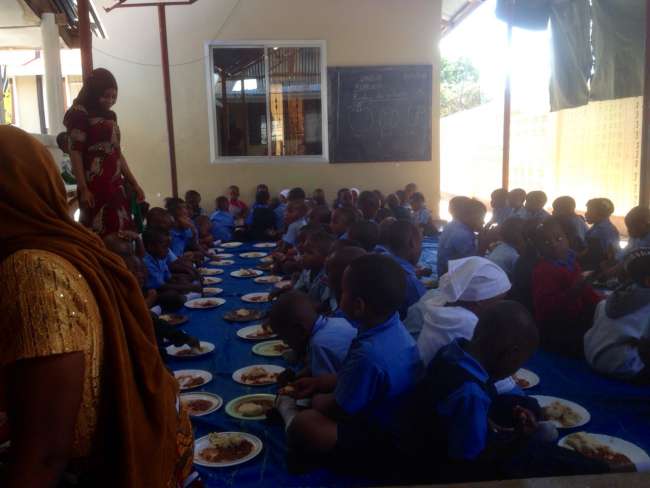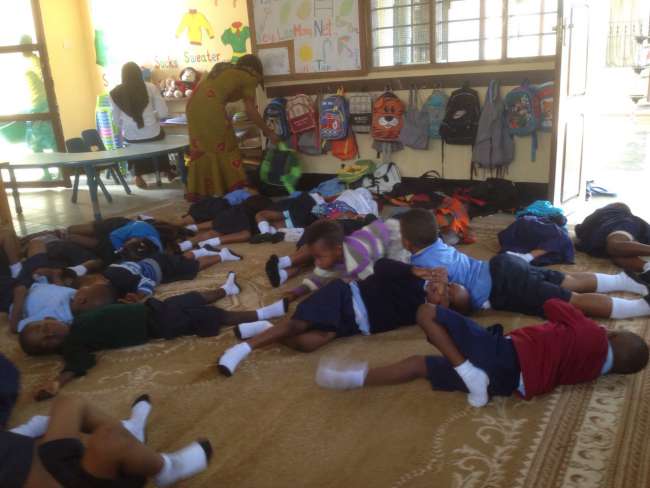Guest Post 2: 4-week volunteer work in a preschool in Mtwara - a conclusion
Publicat: 14.08.2017
Aboneaza-te la Newsletter
Here is the second guest post from another volunteer. I would like to thank Steff once again for this contribution. Tomorrow, I will upload another guest post. And this week, I also plan to write the final post about my time.
Best regards, Klaus
Guest Post by Steff:
The following entry is about my time in a preschool in Mtwara. It is not so much about the school routine itself, which was already described in detail in guest post 1, but about the experiences and reflections of my volunteer work.
First of all, people engage in volunteer work for various reasons. Everyone approaches it with a different mindset. I wanted to not only get to know, but also understand the country and its people by getting involved in a meaningful way and gaining insights into Tanzanian culture. The reason why I chose this project was as simple as it gets: I love children and I wanted to try my hand at teaching. It didn't bother me that I am neither a teacher nor have any other pedagogical expertise. With the motto 'It will work out somehow', I believed that 'I will figure it out somehow'. I didn't have any expectations about the school or the tasks, but approached the situation relaxed and open-minded, looking forward to the time and experiences ahead.
After the summer vacation, my volunteer work finally started at a privately managed Montessori preschool, where the language of instruction - as is usual in Tanzania - was English. The approximately 80 children, aged two to six, who attended this school were divided into four classes: Babyclass (2-4 years), which was further divided into two age groups, Pre-Unit (4-5 years), and Standard One (5-6 years). In addition to the mother-daughter principal team, there were six female teachers. The school was visually very beautiful and, most importantly, equipped with a variety of materials. Colorful classrooms with large learning posters on various topics, wall paintings, a wide selection of toys and stuffed animals, many (coloring) books, and even a TV were available.
I was assigned to the Babyclass, where two teachers were responsible for about 40 children aged two to four. Shortly after, the class was divided into two units due to limited space and differences in performance. While one teacher took care of the very young children who could not speak English yet, the other teacher taught the 3- to 4-year-olds who could count up to five and introduce themselves in English (mostly without mistakes).
After the first meeting with the teachers in charge of the Babyclass, we decided together that I would be responsible for teaching English during my time as a volunteer. So now I knew what my task for the next month would be: twice a week, I would try to teach the children English.
It has been two weeks since I finished my volunteering work. Two weeks to process, sort, and evaluate all the new experiences and impressions.
At the beginning of this contribution, I explained the motivation and expectations with which I approached this project. Now I see the potential dangers of this 'shortsightedness'. At times, I had the impression that, exaggeratedly speaking, the future of the children was being traded for the money of Europeans who 'want to have an experience'. Due to my lack of know-how, language and cultural barriers, I often felt lost and helpless during my teaching time. Therefore, if you do not have any kind of comparable teacher training, it does not benefit the children and thus misses the goal of volunteer work.
At this point, in my opinion, both the facilitating organization and the volunteer - including myself - have a responsibility to prevent well-intentioned help from turning into a business under the guise of volunteer work. Payment willing individuals should not be matched so carelessly, thus carelessly gambling with the education of children. However, every applicant should also be realistic enough - towards oneself and the tasks that await. On the one hand, they should honestly ask themselves whether they are capable of meeting the requirements and if they are even qualified for it. On the other hand, they should be aware that most of the time, they will not be doing what the pictures and (advertising) texts have led them to believe. Moreover, often it does not even make a difference whether they are there or not.
Since teaching accounts for only about 10% of the weekly working hours, I quickly realized that - besides a lot of downtime and playing with the children - my only tasks were to write down homework in notebooks or tie the children's shoes.
Furthermore, due to the very good conditions and equipment of the school, I often had the impression that the money indirectly paid to the school could be better used elsewhere (e.g. government schools).
However, the wasted potential of the school was undeniably unfortunate.
On the one hand, it was very uncoordinated: Although an official timetable existed, it was only partially implemented. Most of the time, only English or math, and sometimes a second subject, were taught out of the planned three subjects per day. During the remaining time, the children would sleep while the teachers were busy preparing breakfast or lunch or writing down homework in their notebooks. In addition, the school bus, along with the teachers, was usually 30-45 minutes late, resulting in the loss of potential teaching time every day.
On the other hand, I witnessed - to put it mildly - questionable teaching methods. After giving a wrong answer, the teacher asked all the other students to gather in a circle around the student, patting him on the head collectively and singing a song. The lyrics 'Shame, shame, shame on you. You've been a bad boy' were supposed to somehow 'drive out' bad behavior, but in my opinion, it only leads to the child being too afraid to make mistakes and therefore not participating in class. I also found the expectations of the children questionable. Teaching English to young children through play, in my opinion, is a good idea. However, using a stick to make them compliant and 'motivating' them to learn by threatening to beat them, is not beneficial.
Despite all the 'differences': even though it often seemed unusual or even unacceptable to me, children in such institutions still receive a better education than in government schools and also receive two hot meals a day. In conclusion, it can be stated that the foundation for a successful future for the children has been laid. What, in my opinion, is still missing is a comprehensive structure that guarantees sustainable and consistent success.
P.S.: After rereading everything, I want to clarify one thing:
Under no circumstances do I want to give the impression that I did not enjoy my time at the school. On the contrary, I am infinitely grateful for the opportunity and the experiences. Moreover, the joy and affection that the children showed me cannot be put into words. They welcomed me with interest and made it easy for me to communicate with them, even though we didn't speak the same language. Every odd moment quickly turned into laughter. That's why my last day felt like saying goodbye to about 40 little brothers and sisters.
Aboneaza-te la Newsletter
Răspuns

